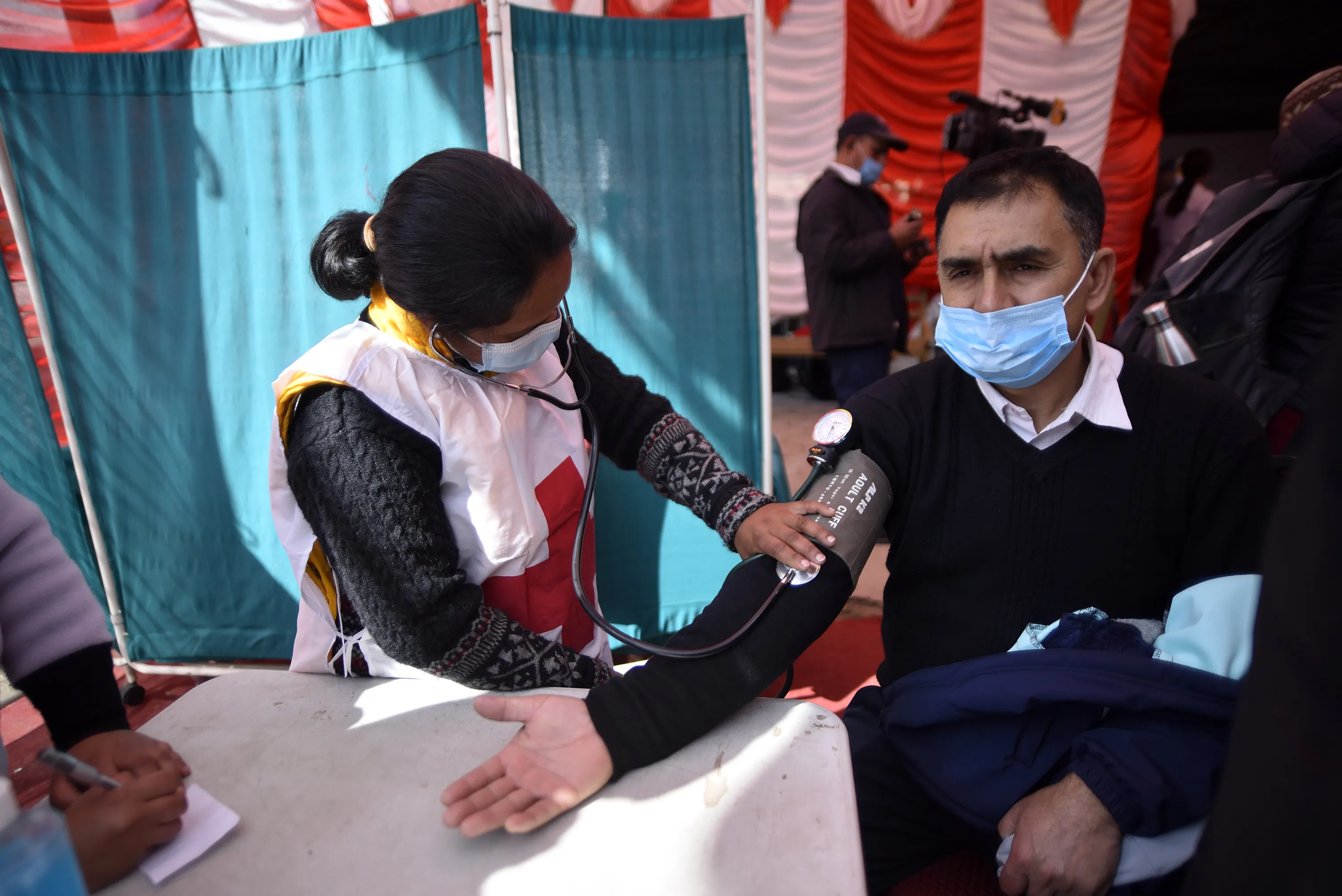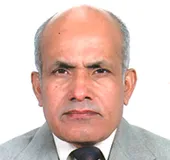
India won the hearts of the people of Nepal by providing one million doses of the COVID-19 vaccine in grants to the country. Nepal was in dire need of the vaccine as over
271,925 people had been infected with COVID-19 and
2,038 people have lost their lives as of 8 February 2021. In such a chaotic moment, India came to the rescue of the Nepalese by providing the vaccine. Nepal is one of the first few countries in the world that received the Indian-manufactured Covid-19 vaccine “Covishield”, immediately after it was rolled out in Indian territory.
Covishield, developed by the University of Oxford and AstraZeneca and manufactured by India’s Serum Institute, received widespread acceptance in Nepal and many other countries in much the same way as the Pfizer COVID-19 vaccine and the Johnson & Johnson vaccines have been accepted in the USA. However, the Pfizer and Johnson & Johnson vaccines are prohibitively costly and, so, are unaffordable to the common mass of the population in developing countries. Besides, such vaccines are expected to be stored at very low temperatures, which is difficult for a developing country like Nepal to do while transporting them to targeted areas within the country.
Covishield, developed by the University of Oxford and AstraZeneca and manufactured by India’s Serum Institute, received widespread acceptance in Nepal and many other countries in much the same way as the Pfizer COVID-19 vaccine and the Johnson & Johnson vaccines have been accepted in the US
On the other hand, the Indian Covishield vaccine can be easily stored and transported between 2 and 8 degrees Celsius. Moreover, it is cost effective, safe and quite economical to use.
Virtually, the Covishield vaccine from India proved to be like the “Sanjivini Buti”—the life-saving plant medicine in the Ramayana that Lord Hanuman brought from the Himalayas to save the life of Lakshmana, the brother of Lord Ram, in the battlefield of Sri Lanka. It is not for the first time that Nepal has received this life-saving “Sanjivini Buti” from India. After the 2015 earthquake, which killed thousands of people in Nepal, India was the first country to reach Nepal within six hours bringing relief and rescue materials. Also, the Indian government donated a huge amount of money thereafter for the rehabilitation of the earthquake victims.
While launching the nationwide COVID-19 vaccination programme on January 27, the Nepalese Prime Minister KP Sharma Oli, in his upbeat mood, declared that
72 percent of the 30 million population of Nepal would be immunised within three months, though later on he stated that it would take one year to immunise the entire population of the country. Those among the 72 percent who would be immunised would be the people
above 18 years of age. Children up to 14 years, who form 28 per cent of the total population of the country, are excluded from vaccination.
No case of a fatality caused by Covishield has been reported from any of the seven provinces in the country so far. Yet, some of the health practitioners who were inoculated in the first phase reported
side effects like dizziness, pain and swelling in the injected area, fever and chills. However, the side effects due to Covishield were minor. As such, this vaccine has been widely accepted in the country.
In the first phase, Nepal plans to inoculate nearly
430,000 frontline workers, including health workers, female community health volunteers, security personnel, sanitation workers, and elderly people in care homes and prisoners. In the second phase, people above 55 years of age are expected to be inoculated. People between 40 and 55 years are to be inoculated in the third phase and the remaining people in the fourth phase.
To achieve its goal of immunising the people in time, Nepal is likely to receive an additional
2,256,000 doses of the COVID-19 vaccine, Covishield, by the end of February through the World Health Organisation’s COVAX facility, which has committed its support to help Nepal address the pandemic.
To achieve its goal of immunising the people in time, Nepal is likely to receive an additional 2,256,000 doses of the COVID-19 vaccine, Covishield, by the end of February through the World Health Organisation’s COVAX facility, which has committed its support to help Nepal address the pandemic
Considering the high demand for the COVID-19 vaccine in Nepal, Covaxin—the indigenously developed vaccine by India’s Bharat Biotech—has applied for emergency use approval in Nepal. Similarly, Chinese authorities are also making efforts to provide
300,000 doses of its vaccine developed by Sinopharm to Nepal in grants. But the Department of Drug Administration has, so far, only allowed Covishield and not the other products for emergency use approval. Both Bharat Biotech and Sinopharm have been asked to provide the necessary documents before being granted emergency use approval.
The introduction of the Covishield vaccine has boosted the morale of the government to such an extent that it is considering allowing unrestricted entry to those foreign tourists who have already been vaccinated in their home countries. Since many countries have issued vaccine certificates to international travellers, they would neither be put in quarantine nor would they have to produce the certificate of having taken the shot. At present, the Nepal government allows only those travellers who can produce reports of a negative COVID-19 test.
Additionally, the government of Nepal has decided to
re-open 16 border points with India and China to facilitate the citizens of those countries to visit Nepal. Such a move would help Indian tourists come and pay homage to the Lord Pashupatinath in Kathmandu should they wish to do so on the eve of the
Maha Shivaratri festival on March 11.
By providing the Covishield vaccine in the critical hour when Nepal desperately wanted it, India has generated goodwill among the Nepalese people. Not only Nepal but many of India’s neighbours—including Bhutan, Bangladesh, Myanmar, the Seychelles, Maldives, Sri Lanka, and Afghanistan—have also benefited from India’s vaccines. Because of the growing use of the COVID-19 vaccines, people in some of these countries would be protected from the disease, which would give a new lease on life to the agricultural, industrial, services, tourism and other sectors of the economy that were hardest hit by the COVID-19 pandemic. This will also contribute a lot towards restoring normalcy in the region. India needs to be congratulated for the generosity that it has exhibited by providing the life-saving Covishield to the people of Nepal and other international communities.
The views expressed above belong to the author(s). ORF research and analyses now available on Telegram! Click here to access our curated content — blogs, longforms and interviews.



 India won the hearts of the people of Nepal by providing one million doses of the COVID-19 vaccine in grants to the country. Nepal was in dire need of the vaccine as over
India won the hearts of the people of Nepal by providing one million doses of the COVID-19 vaccine in grants to the country. Nepal was in dire need of the vaccine as over  PREV
PREV


